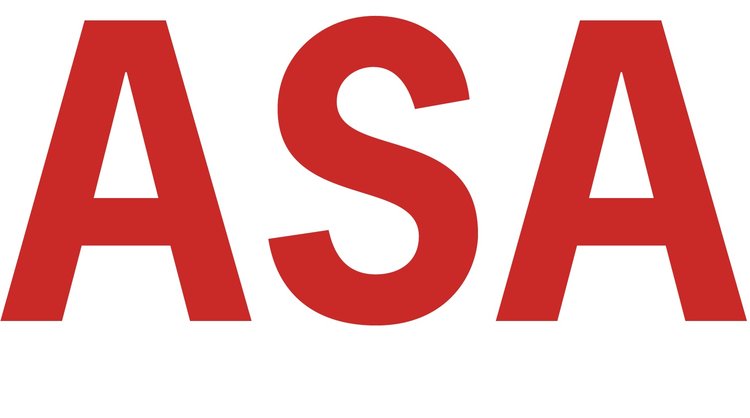As we move toward a November presidential election, there seem to be more critical issues that involve critical infrastructure around the world—two ground wars, one in Ukraine and the other in the Mideast, each of which includes sophisticated technology as well. Research being conducted to test the prospect of nuclear war conducted from space, which means massive investments in such research here as well. And increased tensions with both China and Iran.
The situation is not much better here. The country’s public infrastructure is reeling from attacks on institutions and services provided to the public by the government—Ferocious attacks on universities and libraries. The plausible collapse of more financial institutions. Diminished numbers of recruits to take up first responder roles. The hollowing out of the public health infrastructure. An exhaustion of resources and commitments in the federal emergency management role with natural disasters that seem to have worsened in recent years, in part because of climate change. Finally, a recognition that throwing budget at intractable problems like homelessness is a high-risk proposition. Surely more adjustments are on the horizon with the coming election as the country remains divided politically and culturally.
In the meantime, we wait to see if the former president is above the law. During his four years in office, he and the Federalist Society managed to get appointments confirmed on candidates for federal judgeships that met sets of conservative criteria, including three Supreme Court judges. We know one thing for sure: if he is re-elected in November, he will pardon himself of any convictions as he remakes the Department of Justice and the FBI. Tune into any of his campaign rallies to hear a list of his grievances and the vengeance promised.
Politics comes into play because the former president will be the Republican candidate this fall, and he enjoys a significant following among Congressional representatives. Other countries focus on longer term strategies for dealing with partners or enemies, and he has managed to keep organizations like the United Nations and the European Union working overtime to understand his blustery threats given the election.
But what can just one person do about any of these matters? There are about seven months left until the election, and here are actions that have become essential to take:
Register to vote.
Consider campaigning for your candidates.
Obtain a list of your Congressional representatives and convey
your recommendations on votes they will undertake.
Consider writing letters to editors when matters are especially important to you, in particular on libraries and our institutions of higher learning.
Vote in every election.
While we are used to hearing that the next election is the most consequential election in history, you can believe it this time because you have only to imagine what consequences will be visited upon those of us who, for example, support the U.S. Constitution and its Bill of Rights. It is very clear that one of the two major parties in US politics has effectively withdrawn its support for exactly those civic values. It is up to the rest of us to wake up and act, to ensure we still have a working democracy on November 6, 2024.
